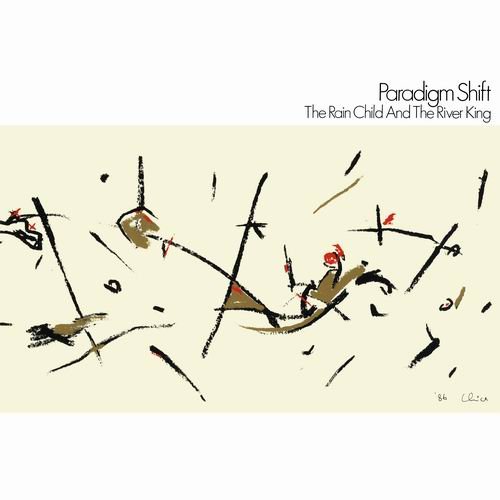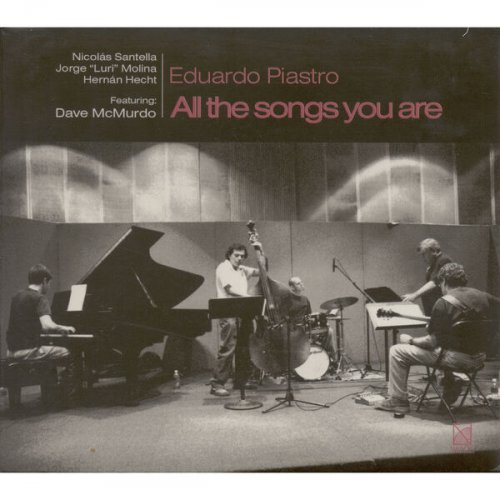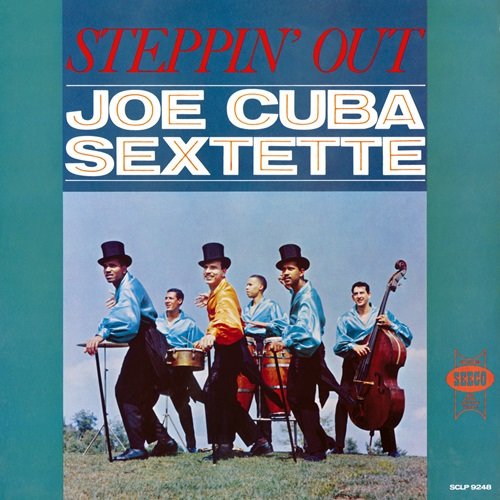Baroque Lumina, Giacomo Benedetti, Giacomo Granchi - Dreyer: Sacred Music (2022) [Hi-Res]
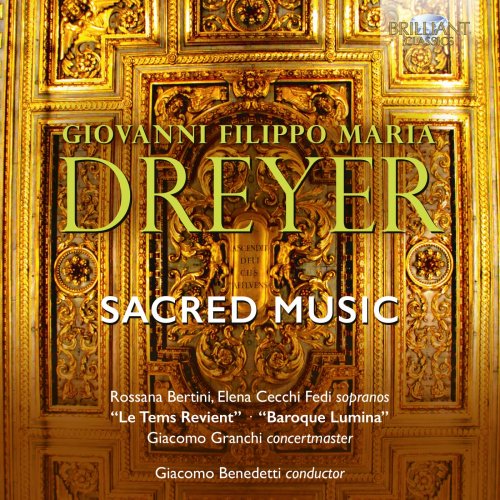
Artist: Baroque Lumina, Giacomo Benedetti, Giacomo Granchi
Title: Dreyer: Sacred Music
Year Of Release: 2022
Label: Brilliant Classics
Genre: Classical
Quality: flac lossless (tracks) / flac 24bits - 44.1kHz +Booklet
Total Time: 00:57:35
Total Size: 327 / 589 mb
WebSite: Album Preview
TracklistTitle: Dreyer: Sacred Music
Year Of Release: 2022
Label: Brilliant Classics
Genre: Classical
Quality: flac lossless (tracks) / flac 24bits - 44.1kHz +Booklet
Total Time: 00:57:35
Total Size: 327 / 589 mb
WebSite: Album Preview
01. Verbum caro a due soprani: I. Adagio
02. Verbum caro a due soprani: II. Allegro moderato
03. Domine ad adjuvandum a 4 con gloria a canto solo: I. Largo
04. Domine ad adjuvandum a 4 con gloria a canto solo: II. Affettuoso
05. Domine ad adjuvandum a 4 con gloria a canto solo: III. Sicut erat
06. Domine ad adjuvandum a 4 con gloria a canto solo: IV. Allegro
07. Inno a 4 voci per San Filippo: I. O Dive
08. Inno a 4 voci per San Filippo: II. Andante
09. Inno a 4 voci per San Filippo: III. Allegro
10. Inno a 4 voci per San Filippo: IV. Beata trinitas
11. Salmi brevi à 4 voci con strumenti: I. Domine
12. Salmi brevi à 4 voci con strumenti: II. Dixit
13. Salmi brevi à 4 voci con strumenti: III. Confitebor
14. Salmi brevi à 4 voci con strumenti: IV. Beatus
15. Salmi brevi à 4 voci con strumenti: V. Laudate pueri
16. Salmi brevi à 4 voci con strumenti: VI. Laetaus sum
17. Salmi brevi à 4 voci con strumenti: VII. Nisi dominus
18. Salmi brevi à 4 voci con strumenti: VIII. Lauda Jerusalem
19. Salmi brevi à 4 voci con strumenti: IX. Laudate dominum
20. Salmi brevi à 4 voci con strumenti: X. Credidi
21. Salmi brevi à 4 voci con strumenti: XI. Magnificat
Known in his day as "il Tedeschino" (‘the little German fellow’) Giovanni Filippo Maria Dreyer was born in Florence in 1703, and made a name for himself as a castrato soprano in opera houses across Italy and farther north: he enjoyed senior posts at theatres in Wroclaw and Prague before joining the imperial theatre in Moscow. By 1737 he had returned to his home city, where he joined a religious order at the Church of SS Annunziata and became its maestro di capella.
The library of SS Annunziata preserves the collection of Salmi Brevi à 4 voci con Strumenti (Short Psalms for four voices with Instruments) composed in 1740 and in part presented here for the first time. The style emulates the popular Neapolitan school of the time, pre-eminently represented by Pergolesi and Alessandro Scarlatti. The harmonic writing is broad, clear and expressive, such as to be appreciated by the general public and not only by a small circle of specialists.
Also featured here the motet Verbum caro for two sopranos and continuo, and the more elaborate settings of Domine ad adjuvandum and Inno a 4 per San Filippo, both featuring arias interspersed with choral movements like a cantata. Like the Salmi Brevi, these pieces have never seen the light of day beyond the shelves of the library at SS Annunziata. Invited to research and perform them, the conductor Giacomo Benedetti has produced these stylish recordings with fellow Italian singers and instrumentalists schooled in historically informed performance practice, and the result is an attractive window onto music-making in the churches of Baroque Florence.
![Eddie Palmieri - The Sun Of Latin Music (Remastered) (2026) [Hi-Res] Eddie Palmieri - The Sun Of Latin Music (Remastered) (2026) [Hi-Res]](https://img.israbox.com/img/2026-01/26/qrqzt1n7jvengh1vgnygtryfa.jpg)
![John Ellis & Double Wide - Fireball (2026) [Hi-Res] John Ellis & Double Wide - Fireball (2026) [Hi-Res]](https://www.dibpic.com/uploads/posts/2026-01/1769024773_gle3eu5z1g2du_600.jpg)
![The Mood Mosaic - The Filthy Groove Score (TV Themes Done Gritty) (2026) [Hi-Res] The Mood Mosaic - The Filthy Groove Score (TV Themes Done Gritty) (2026) [Hi-Res]](https://www.dibpic.com/uploads/posts/2026-01/1769144341_ntyxys3uknii0_600.jpg)
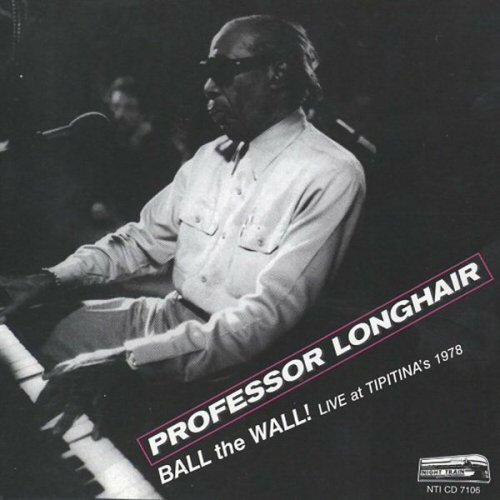
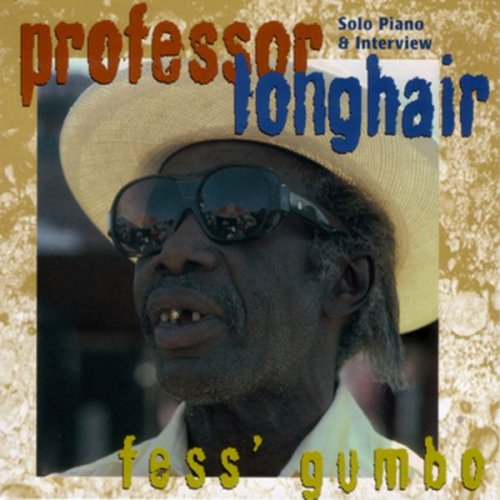
![JJ Whitefield & Forced Meditation - Birth Of Consciousness (2026) [Hi-Res] JJ Whitefield & Forced Meditation - Birth Of Consciousness (2026) [Hi-Res]](https://www.dibpic.com/uploads/posts/2026-01/1769020727_l9wocglubqqub_600.jpg)
